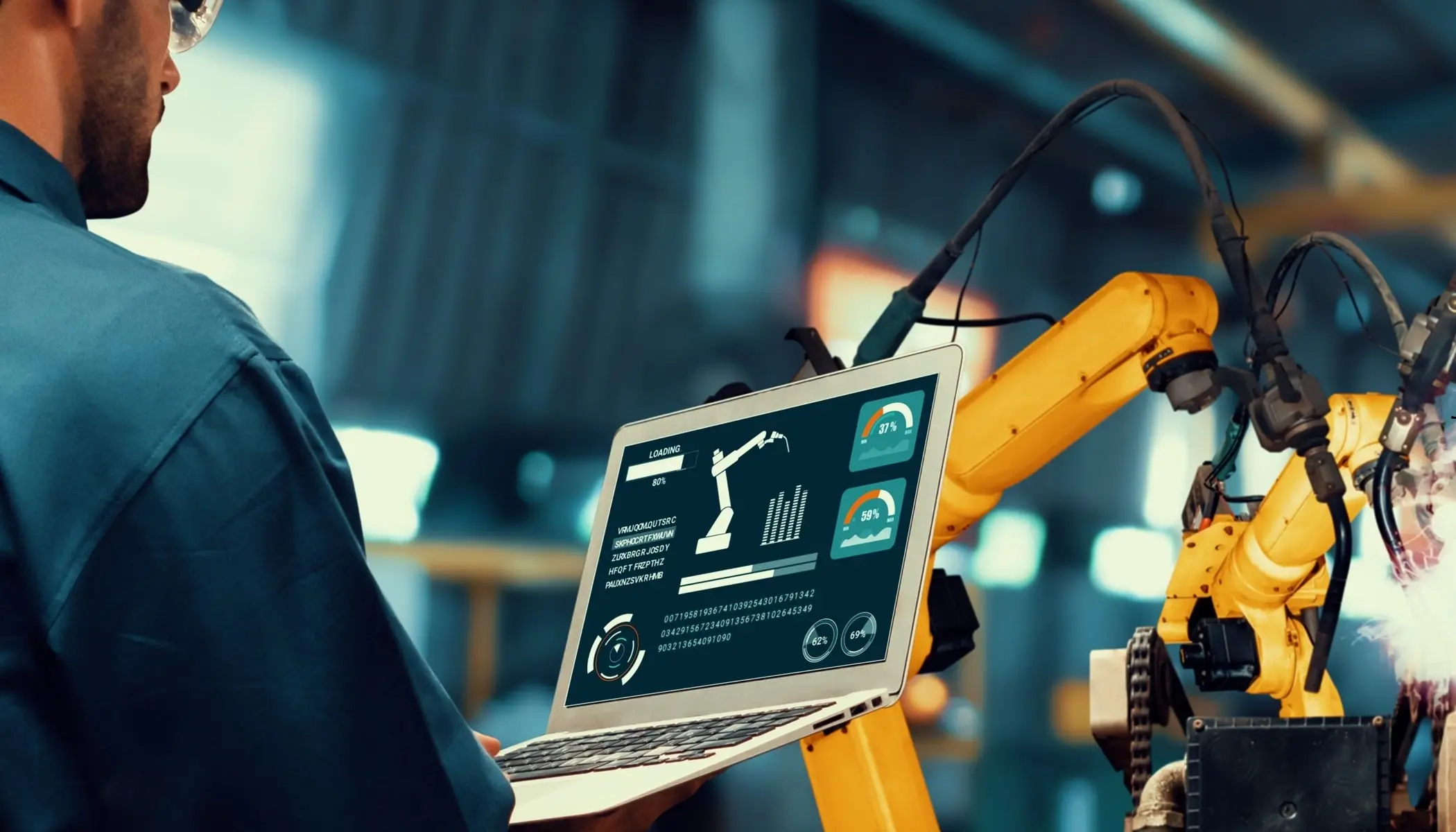
Contents
Klarna's Strategy: Reducing Workforce with AI
The global leader in "buy now, pay later" services, Klarna, is set to significantly reduce its workforce, aiming to cut nearly half of its current employees over the next few years. The company attributes these reductions to the efficiencies gained through its substantial investments in artificial intelligence (AI). Having already decreased its staff from 5,000 to 3,800 within the past year, Klarna now plans to downsize further to just 2,000 employees by leveraging AI in areas like marketing and customer service.
Klarna’s CEO, Sebastian Siemiatkowski, shared with the BBC that these job cuts would allow the company to increase the salaries of its remaining employees. However, he also expressed concern about the broader societal implications of AI, urging governments to consider how they might support those impacted by AI-driven job losses.
The Broader Impact on Society and Jobs
Siemiatkowski highlighted the potential for AI to have a "dramatic impact" on jobs and society at large. While some argue that new jobs will be created as AI technology advances, Siemiatkowski cautioned that this viewpoint might be overly optimistic. He pointed out the challenges faced by older workers, who might struggle to adapt to new roles in a rapidly changing job market.
| Sector | Potential AI Impact | Risk Level |
|---|---|---|
| Marketing | Automation of customer segmentation and personalized marketing strategies. | Moderate |
| Customer Service | Use of AI-driven chatbots and virtual assistants to handle queries. | High |
| Finance | AI in risk assessment and automated trading. | Moderate |
| Manufacturing | Automation of production lines, reducing manual labor. | High |
| Healthcare | AI-driven diagnostics and robotic surgery. | Low |
This concern is echoed by the International Monetary Fund (IMF), which recently projected that AI could affect nearly 40% of all jobs worldwide. The IMF also warned that this technological shift could exacerbate economic inequality, with significant implications for both developed and developing nations.
Union Concerns and Worker Protection
As Klarna announced its latest financial results—showing a 27% increase in revenue to 13.3 billion Swedish krona (£990 million)—the firm also revealed its plans for workforce reductions. These changes have sparked concern among unions, who fear widespread job losses as AI continues to grow in influence.
In response to these concerns, Siemiatkowski explained that Klarna intends to manage its workforce reduction through "natural attrition," effectively implementing a hiring freeze. This approach typically results in an increased workload for remaining staff, but Siemiatkowski insists that AI will take over these responsibilities, potentially leading to higher pay for those who stay.
Future Implications of AI in Business
Despite the potential negative impact on employment, Siemiatkowski emphasized that there is no halting technological progress. He urged governments, particularly in Europe, to take a proactive role in the evolution of AI, ensuring that democratic societies lead the charge in this new era.
Klarna’s aggressive push towards AI comes as the company prepares for an eventual stock market listing. With firms like Nvidia and Microsoft dominating the AI space, Klarna’s commitment to AI could make its shares more attractive to investors when it finally goes public.
Sources:
BBC News, 29.08.2024, Klarna: AI lets us cut thousands of jobs - but pay more
Cityjobs.info empowers professionals to take the next step in their careers by connecting them with the right opportunities and employers.









